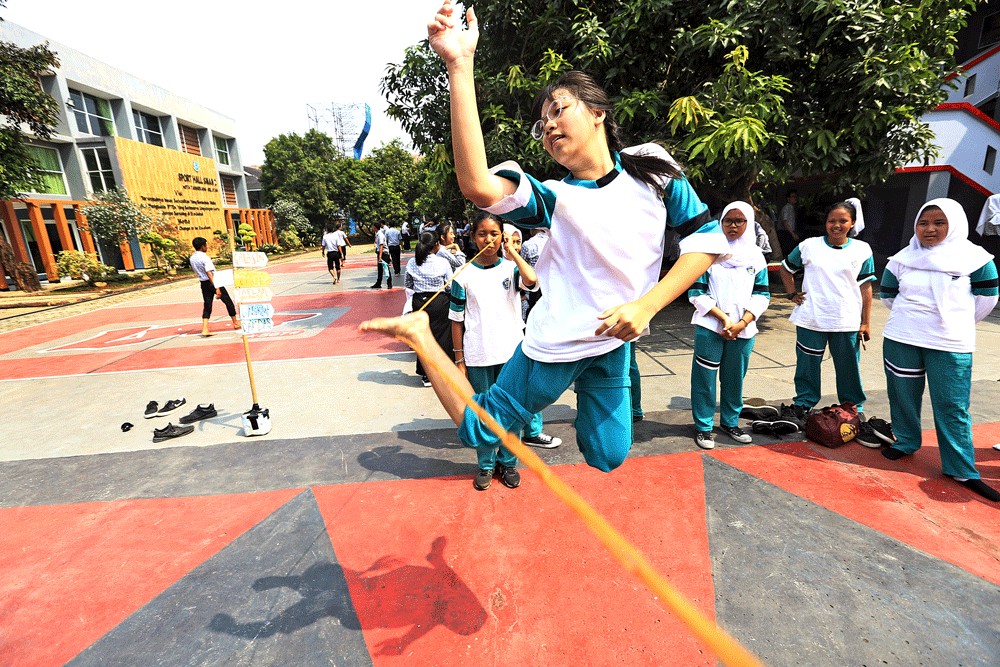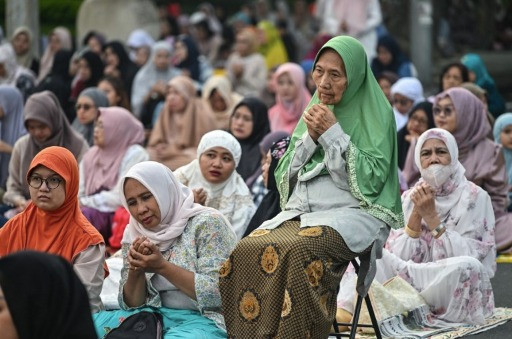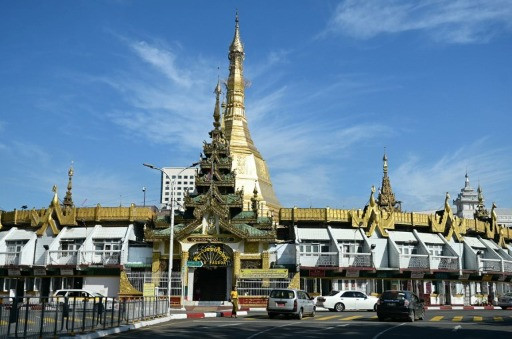Tangsel's 'Berlin' walls
It is in the hands of the Tangsel administration to depend less on the private sector and to deliver good public services to all its 1.65 million inhabitants, inside or outside the walls.
Change Size
 Students play Chinese jump rope at Outdoor Classroom Day (OCDay) at SMA 2 state high school in South Tangerang, Banten. (The Jakarta Post/Dhoni Setiawan)
Students play Chinese jump rope at Outdoor Classroom Day (OCDay) at SMA 2 state high school in South Tangerang, Banten. (The Jakarta Post/Dhoni Setiawan)
S
outh Tangerang, Banten, is one of Jakarta’s youngest satellite cities but it boasts healthy growth (7.43 percent), the lowest poverty rate nationwide (1.76 percent) and a higher human development index (80.84) compared with other cities and regencies in the province.
The municipality celebrated its 10th anniversary since separating from the city of Tangerang on Monday saying that it would keep developing South Tangerang, known as Tangsel to locals, as a city of residence, education, trade and services.
The Tangsel administration owes its impressive indicators largely to the private sector. Administration data show that 40 percent of its residents are commuters and there are more private than public schools in the municipality.
This means the high growth and relatively high regional product per capita of Rp 41.53 million — US$2,900 — compared to the national Rp 51.89 million are not homegrown. Tangsel has the advantage of being the recipient of middle-class wealth produced by people who work in Jakarta but choose to buy property in the satellite city.
Tangsel is home to well-known property developments in Bintaro Jaya, Bumi Serpong Damai City and Alam Sutra, straddling three districts. It is also home to many middle-range properties owned by educated, white-collar workers living in Ciputat and Pamulang districts.
Therefore, part of the job of developing the city has already been done by the giant developers, notably PT Sinar Mas Land, PT Jaya Real Property and PT Alam Sutera Realty, which built the housing estates, and many other private companies that built the hospitals, schools and shopping centers. The developers have also built main roads and public parks.
The other half of development is to improve the lives of the people born and raised in Tangsel, as well as disadvantaged newcomers living outside the privately developed estates. In our interview with a resident of Setu district, a relatively disadvantaged area compared to Pondok Aren or Serpong, he thanked the Tangsel administration but also complained about a lack of basic sanitation in his neighborhood.
Beyond the estates’ walls, which locals living outside them dub “Berlin walls”, lie poverty, neglect and environmental degradation, partly owing to the amount of resources absorbed by the residents of the estates.
The Tangsel administration cannot take all of the credit for the city’s “achievements” let alone bask in them. Ipan Tri, the Setu resident, cited 30 families around him with no access to toilets or clean water. This number might seem small, but it should not happen that 30 families have no access to basic toilet facilities in Tangsel.
Tangsel has much to do to erase inequality between those inside and outside the “Berlin walls” — for the sake not only of the disadvantaged residents but also the privileged ones, because better public services will improve the lives of all people.
It is in the hands of the Tangsel administration to depend less on the private sector and to deliver good public services to all its 1.65 million inhabitants, inside or outside the walls.









